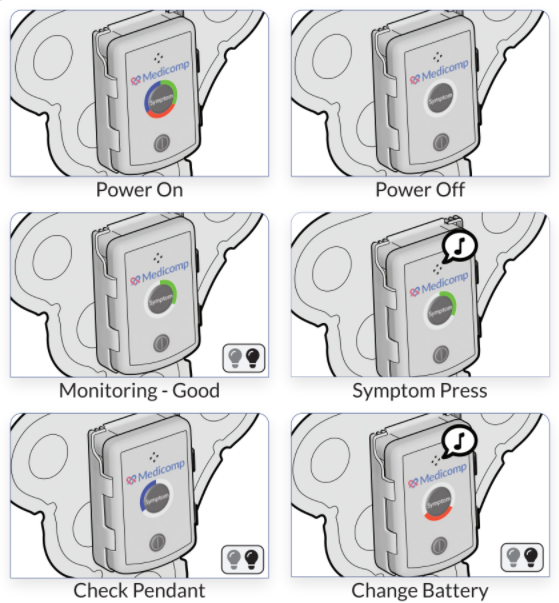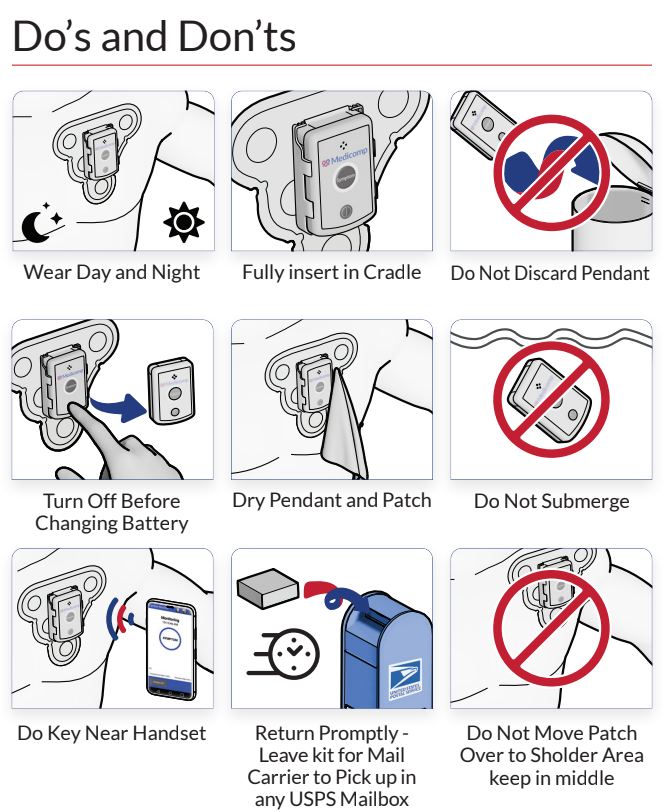Baby Boomers are reaching an age where cardiovascular risks are becoming more prevalent. In the past, elderly patients were not considered the best candidates for heart surgery. A recent study presented to The Society of Thoracic Surgeons in January 2017 by Emory University’s Vinod H. Thourani has debunked this long-standing claim. Working with colleagues from 15 other institutions across the United States, Thourani analyzed the surgical outcomes of 937 patients who underwent surgical valve implantation. The mean age of the individuals was 82, and all were considered at intermediate risk for surgery. The results were surprising for both patients and physicians. Holter monitoring by ReactDx can help cardiovascular patients before and after surgical procedures to determine the current and post-operative beat-for-beat rate, rhythm, morphology, and P-wave analysis of their hearts.
All patients within the study participated in the Placement of Aortic Transcatheter Valves (PARTNER-IIA) trial which ran for nearly two years – December 2011 to November 2013. Results of the study were “better than expected” with operative mortality reaching only 4.1%, which was lower than STS predicted risk models. Because this percentage is similar to results of patients receiving transcatheter aortic valve implantation (TAVI) – touted as being much safer than traditional surgery – Thourani proclaimed the mortality findings “non-inferior to TAVI”.
Approximately 15% of all surgical patients across the United States are categorized as intermediate risk. TAVI focuses on high-risk patients who suffer from aortic stenosis and were denied surgery in the past. In that respect, TAVI provides a second venue outside surgery for these high-risk patients. Thourani appreciates the fact that surgery is still an option for elderly patients considered intermediate risk.
Since outcomes on high and intermediate-risk patients have been studied, researchers are intrigued about low-risk patient procedures. To this end, a randomized PARTNER-III study is planned to evaluate low-risk patient responses to TAVI compared with traditional surgical outcomes.
Breaking information pertaining to cardiovascular surgery and care is making headlines daily. Keep abreast on the latest in patient care by contacting your Holter monitoring specialists at ReactDx at 800-23-HEART (800-234-3278). We share more information on patient care, research, and the latest in cardiovascular technology in our blogs.



